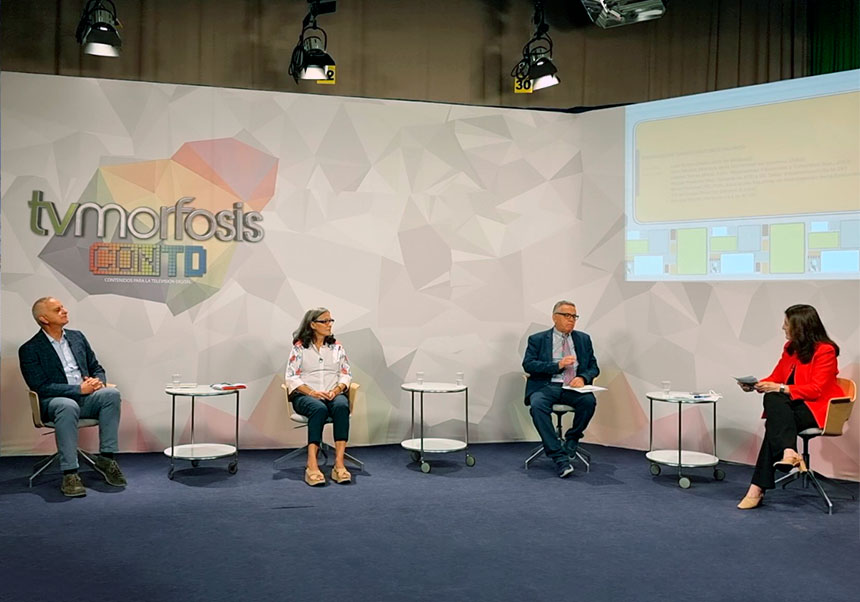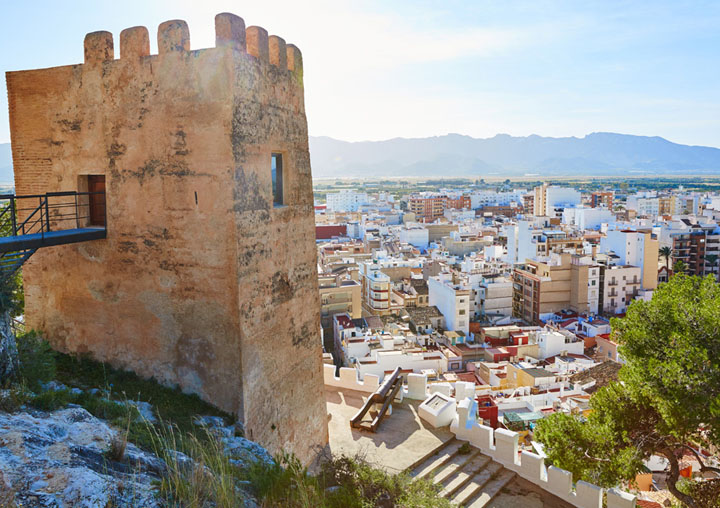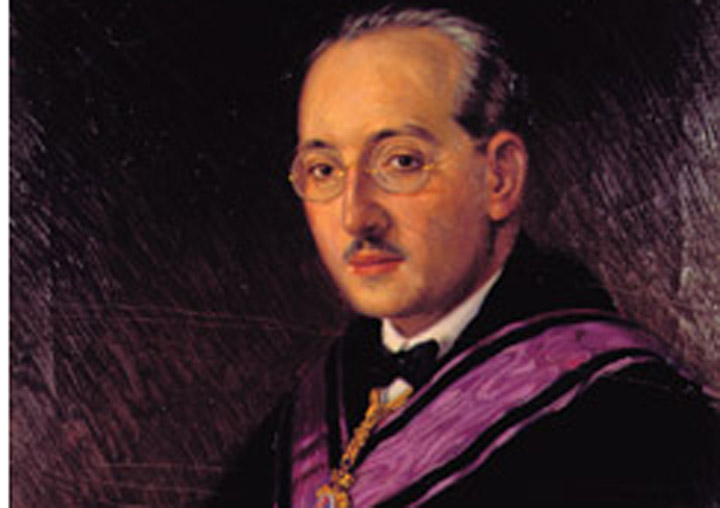An international congress analyses the policies from the Absolutism to Constitutionalism in Spain and Ibero-America
- November 15th, 2016
The UV hosts the 2nd International Congress “Liberalism and Anti-liberalism in Spain and Ibero-America, 1780-1840”, that takes place from 16 to 18 November in the Faculty of Geography and History. The academic meeting will be useful to study the nineteenth-century policies, the era of rupture between the Ancien Régime, lacking in constitution and codes, and logical built-in policies after the liberal revolutions.
The congress will start on Wednesday 16, at 18 hours, with the opening conference by Ignacio Fernández Sarasola, of the Unversity of Oviedo, called “El Estatuto de Bayona y el modelo francés de Carta Otorgada”. The event will be carried out in the Aula Magna of the Faculty of Philosophy and Education Sciences, while the rest of the congress will take place in the Joan Fuster assembly hall in the Faculty of Geography and History.
Other topics that will be developed in the sessions of the congress are the origins of liberalism in Spain, at the end of the 18th century; the political organization between the Enlightenment and the Romanticism, the symbolic representation of the Spanish sovereignty in the figure of the king; liberalism and anti-liberalism in Peru; the first texts about the Hispanic-American liberal constitutionalism; or the Bolivian Restoration in the 39, among others.
The sessions will be closed by professor Justo Serna, from the UV, on Thursday 18, with the closing conference “Si algún día la patria peligrase” (If some day the homeland were in danger) (12 hours).
Over the three days, experts will debate about the construction of a new world at both sides of the Atlantic ocean on the basis of the imaginary of the revolutionaries. It will be about discussing the dialectics continuity-rupture between processes, as well as its interrelation in territorial and political fields of the Hispanic Monarchy in the Peninsula and in America. The issue will be also addressed from a theoretical and conceptual perspective, as well as from its concretion in political attitudes –liberal and anti-liberal– and in constitutional projects that compete for the organization of new States and for the definition or a framework of rights for the new citizenship.
















